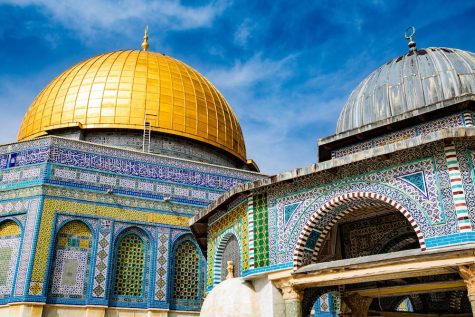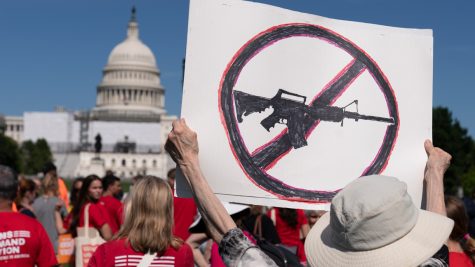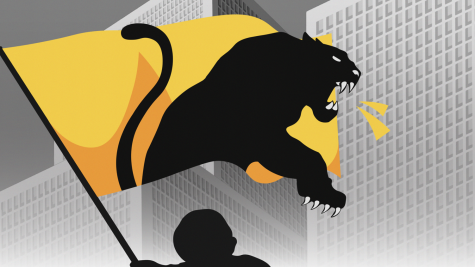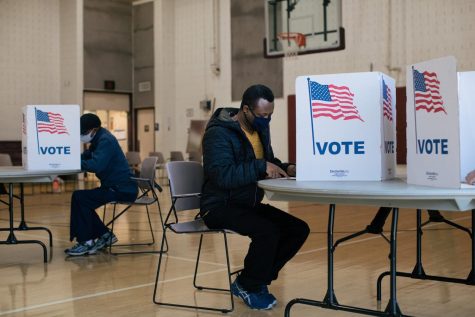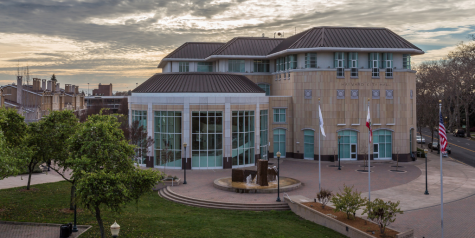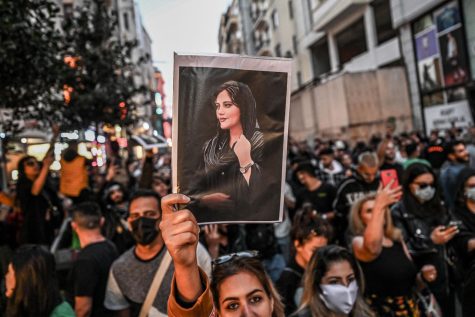San Leandro Residents Split on Marijuana Dispensaries

for 16 years.
Hundreds of San Leandro residents met at the Senior Community Center Tuesday night and found themselves evenly split on the issue of medical marijuana dispensaries in the city.
The city of San Leandro is proposing an ordinance that would allow for the limited creation of dispensaries in the city. Previously the city had imposed a moratorium on the issue, however the two-year limit expired last September and forced the city council to work on concluding the issue.
The ordinance would prohibit dispensaries from being within 500 feet of a residential zone, or 1000 feet of a school, library, youth center, park, recreation facility, or another dispensary. It would limit the city to two dispensaries and would limit them to industrial and commercial zoning districts.
Supporters of dispensaries say that this would benefit the elderly and the injured. However San Leandro residents currently may get medical marijuana from their primary caregiver, but not from dispensaries.
At the meeting the individuals who opposed dispensaries stated they opposed them because they feared it would increase crime in the community, and because at the state and federal level, possession of marijuana is illegal; others opposed it for religious reasons.
Members of the Heritage Baptist Church, which reportedly has “several hundred members” and was founded in 2002, showed up in force at the meeting. Senior pastor at the church Alan Fong said that close to 100 people from his church were present at the event; in addition, several hundred members wrote petitions opposing the ordinance.
“As the church, we have a very vibrant ministry to teenagers that’s designed to help teenagers live right, have direction in their life, and realize that God, not drugs, are the answers to life,” said Fong.
Dan Grace, owner of a permitted medical marijuana dispensary in Oakland and a resident of San Leandro, argued that dispensaries are good for the city as they create jobs and a new tax inflow.
The largest dispensary in Oakland, the Harborside Health Center, brought in $1.4 million in tax revenue for the city in 2011, according to the revenue and tax administrator for the city of Oakland.
“Primarily I think bringing the dispensaries to San Leandro will create much needed jobs and income to a city that badly needs them,” Grace said.
He refuted studies reported by San Leandro Police Chief Sandra Spagnoli that claims medical marijuana facilities pose a danger to communities. He cited a study by UCLA that found “there was no correlation between the dispensaries and property and violent crime.”
A 2010 report released by several chiefs of police throughout the state reported that there has been an increase of crime and burglaries in areas where medical marijuana dispensaries have been built.
“There’s no doubt that the combination of narcotics and large sums of money found at medical marijuana dispensaries present an increased risk to the public safety,” Charlie Beck, LAPD’s chief of police said in the report.
Less urban areas, like South Lake Tahoe, and Sebastopol, have not had any significant problems with their dispensaries, Spagnoli said. She says this is because they are rural areas, and cites an increase of crimes in Oakland, an urban area, as being the closest example of what could happen if San Leandro did not ban dispensaries.
“I just think it propagates illicit crime,” said Yolando Bocanegra, a San Leandro resident. Bocanegra said she has no issues with marijuana but doesn’t want the dispensaries in the community because she thinks crime will increase.
She believes the dispensaries in Oakland have created crime that has spilled over into other communities, including her own.
“I see high speed chases here in San Leandro, on a more frequent basis than it has been in the past. It’s kind of escalated,” she said.
In 2008, the California Attorney General set guidelines on the possession, distribution and growing of marijuana, according to Police Chief Spagnoli. These guidelines have been vague, and the current Attorney General stated on Dec. 11 that it would wait for court cases dealing with the issue to clarify the guidelines.
The court case City of Riverside v. Inland Empire Patients Health and Wellness Center, a case that has gone to the California Supreme Court regarding the ability of cities to prohibit the creation of medical marijuana dispensaries within their cities, is currently being decided upon. A decision is due within the next 81 days; the ruling is expected to serve as a precedent for all cities within the state.






